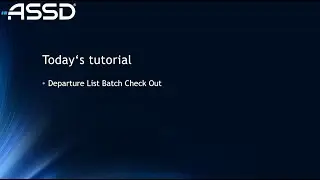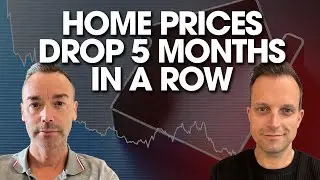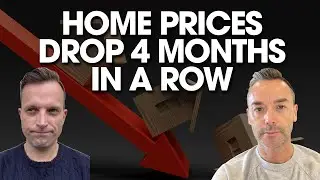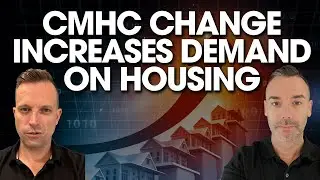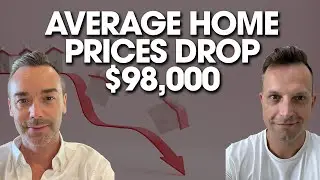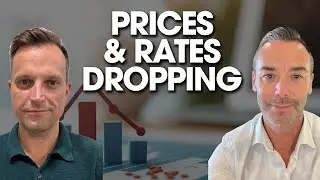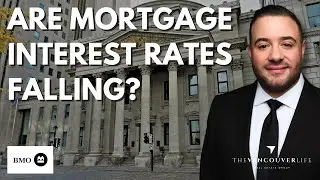Vancouver Real Estate Market Update for October 2024
With the BC provincial election approaching on October 19th, housing policy has become a focal point for both major parties—the NDP and the Conservatives. Each party has released its housing platform, but the Conservative Party’s approach has sparked significant debate due to its "ambitious" tax-cut promises and plans to further streamline housing development.
The Conservatives introduced the "Rustad Rebate," a tax cut that exempts rent, mortgage interest, and strata fees from BC income tax, starting at $1,500/month in 2026 and increasing to $3,000/month by 2029. While this would save a typical BC taxpayer around $105/month in its first year, critics argue that this rebate is a token gesture that does little to tackle the root causes of the housing affordability crisis.
A standout promise is to drastically shorten the permit approval process, with a 6-month window for rezoning and 3 months for building permits. However, we have concerns over whether the province has the resources and expertise to enforce these timelines across multiple municipalities, particularly when recent efforts by Vancouver’s Mayor Ken Sim have shown limited success in expediting permits under a similar framework.
The Conservatives also target NDP regulations like the Step Code and Net-Zero mandates, which they claim inflate construction costs by 30-40%. However, the critique lacks specifics on which taxes will be cut and by how much, raising doubts about the details of their plan. Critics argue that these promises may not lead to meaningful reductions in home prices and could be offset by new taxes elsewhere.
Here are the Conservative Proposals in Brief:
1. Rustad Rebate: Offers BC residents tax deductions for housing expenses, but savings are marginal compared to soaring housing costs.
2. Permit Approval Timelines: Promises to expedite housing approvals but lacks clarity on implementation and enforcement.
3. Repeal of NDP Regulations: Aims to remove certain building codes that allegedly increase construction costs but provides no detailed analysis.
4. Support Transit-Oriented Communities: Emphasizes building complete communities near transit hubs, but developers already incorporate these elements without government mandates. So..?
5. Infrastructure Fund: Proposes a $1 billion annual fund for municipalities, yet doesn’t address the revenue shortfall from proposed tax cuts. Where is the money coming from?
6. New Towns & Land Use: Plans to develop land outside the Agricultural Land Reserve, but the plan remains vague without details on where, how and when this will be achieved.
While these proposals offer a mix of promising ideas and ambiguous claims, we are skeptical about whether the party can execute these reforms effectively. It is possible their current platform could exacerbate the housing crisis if not properly funded and executed.
September Market Stats
The latest market data for September is out and its status quo in the housing market as prices continue to drop. Key highlights include:
We ended September with 1,852 sales, marking a 4% decrease year-over-year and a 5th consecutive month of declining sales. Sales are now 26% below the 10-year average, indicating a lackluster fall market.
There were 6,144 new listings, up 13% y/y and a substantial 49% increase month-over-month, yet inventory only rose by 3% due to many homes being delisted. Despite the increase in inventory, much of it is considered low quality, with well-qualified buyers struggling to find suitable homes.
The overall sales to active ratio is at 13%, indicating a balanced market but also hovering closely to a buyers market. This is the 6th monthly drop and the lowest reading since January 2023.
The benchmark price dropped for the 4th month in a row, down 1.4% month-over-month and 7% below the peak in April 2022. At $925,000, the median price fell by $20,000, marking a total drop of $70,000 over four months.
Despite rising inventory levels, buyer sentiment remains cautious as quality listings are limited. With election day approaching, it remains to be seen if either party’s housing plan can reverse this trend and provide relief to struggling homeowners and prospective buyers alike.
_________________________________
Connect With Us To Talk Real Estate:
📆 https://calendly.com/thevancouverlife
_________________________________
Investor Event Details
Attendees can join via Zoom for free and $19.99 for the in-person Earls brunch (with mimosas!).
Your Zoom invite link: https://us02web.zoom.us/webinar/regis...
Your In-person invite link: https://www.eventbrite.ca/e/earls-yal...
Смотрите видео Vancouver Real Estate Market Update for October 2024 онлайн, длительностью часов минут секунд в хорошем качестве, которое загружено на канал Living In Vancouver - Vancouver Life Real Estate 01 Январь 1970. Делитесь ссылкой на видео в социальных сетях, чтобы ваши подписчики и друзья так же посмотрели это видео. Данный видеоклип посмотрели 6,039 раз и оно понравилось 88 посетителям.

